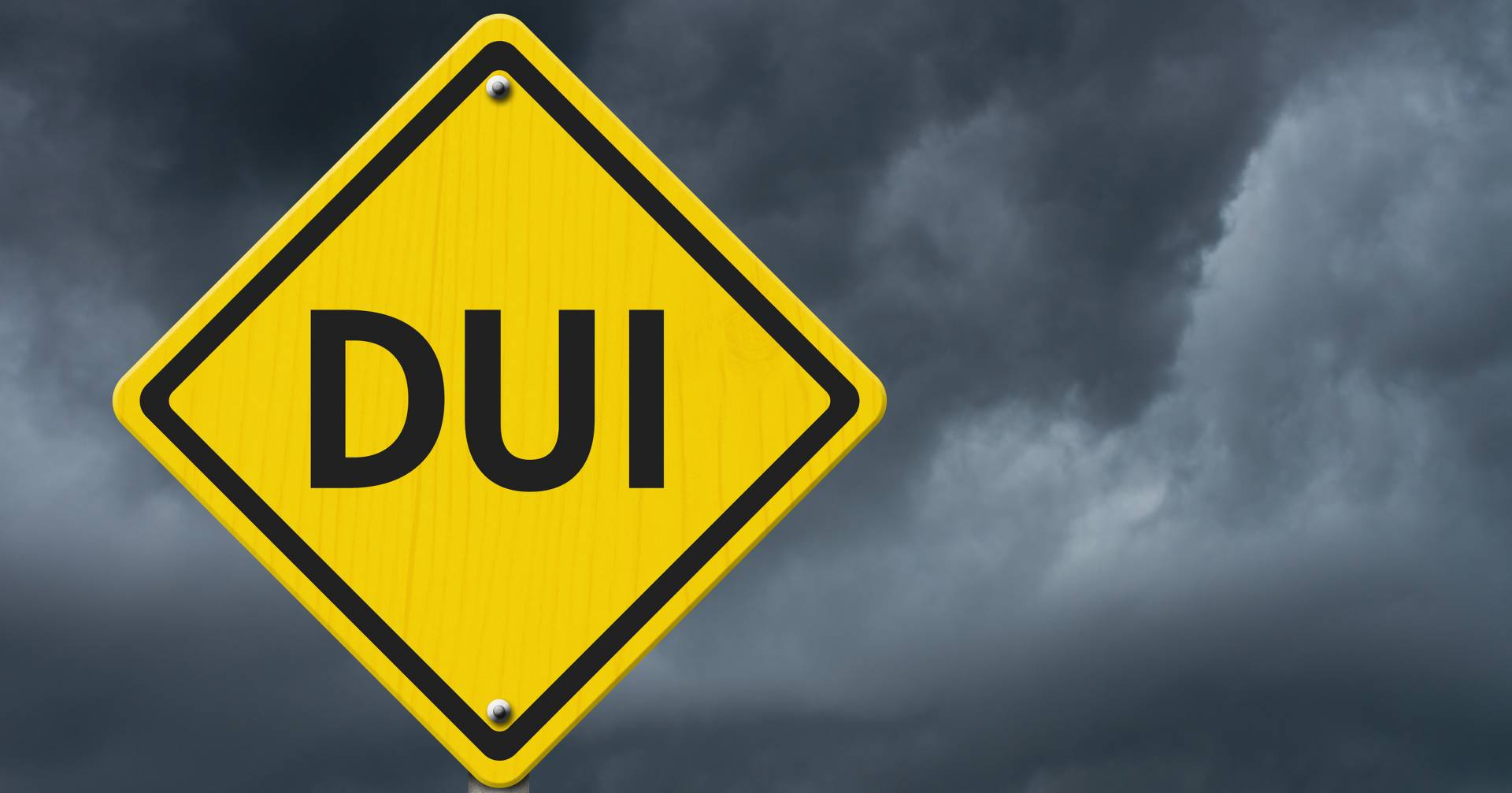Driving under the influence or “DUI” (called driving while intoxicated or “DWI” in some states) is the most frequently charged crime in the United States. According to the National Highway Traffic Safety Administration (NHTSA), 10,265 traffic fatalities in the U.S. in 2015 were alcohol-related.
While a fatality is obviously the worst conceivable to a DUI incident, impaired driving can have a number of other serious consequences for the driver, the driver’s family, and for the rest of us as well. This is something our DUI law firm knows very well.
The NHTSA estimates that the damage caused by impaired drivers costs all of us in the United States about $52 billion a year.
The consumption of alcohol is more prevalent today than ever before in American society. For many adults, a drink or two with colleagues after work becomes a habit.
Alcohol is served not only at restaurants and nightclubs but also at sports events and music festivals that are often sponsored by beer companies.
Since alcohol is virtually everywhere in our culture, the potential for a tragedy linked to DUI is unlimited. In fact, such tragedies happen daily.
Driving under the influence is never a private matter. It never happens in isolation. The consequences for an impaired driver – and for his or her family – can be harsh, and those consequences can last for years.
A DUI offender’s family may suffer both emotional and financial stress and instability. Some families break apart. In other cases, the family’s DUI-related problems can persist for years.
WHAT ARE THE PENALTIES FOR A FIRST DUI CONVICTION IN COLORADO?
Anyone charged with driving under the influence in Colorado should obtain legal help at once by contacting an experienced Denver criminal defense attorney.
A first conviction for DUI in this state is punishable by a fine of up to $1,000 and a nine-month driver’s license revocation – as well as other penalties including possible jail time.
The Colorado Department of Transportation has published a brochure which details what a DUI charge costs the first-time offender.
They estimate the cost at $10,270 including domestic violence attorney fees, higher auto insurance rates, and a license reinstatement fee. The brochure also lists these DUI-associated costs:
- detoxification fee
- chemical testing fee
- towing fee
- alcohol treatment evaluation cost
- bail
- alcohol education tuition
- probation supervision fee
As you can imagine, a driving under the influence conviction can literally wreck a family’s finances, so obtaining the services of a Denver DUI attorney after an arrest is imperative.
Immediately, a DUI offender will face fines, court costs, and legal fees, and that’s often only the beginning of financial trouble.
A DUI conviction on someone’s record can make it hard to keep or find employment, and the combined costs can constrain a family’s ability to purchase a home or an automobile, afford a college tuition, or even pay ongoing monthly bills.
In some cases, a convicted DUI offender may be a family’s only licensed driver, so a driver’s license revocation can be considerably burdensome.
Without reliable transportation, a person can lose his or her job.
Finding a way to and from work may or may not be possible for everyone who is convicted of driving under the influence, and families with school-age children will face even more inconveniences and obstacles arranging for adequate transportation.
WHAT OTHER ISSUES DO FAMILIES FACE AFTER A DUI CONVICTION?
Some employers in Colorado will automatically terminate an employee who is convicted of driving under the influence, even if the employee’s job doesn’t involve driving.
If you are a delivery driver, a bus or taxi driver, or a professional driver for some other employer, you can be dismissed from your position on the basis of a DUI arrest alone – before the case is even decided.
Those who hold professional licenses in Colorado may face disciplinary penalties if they are charged with or convicted of driving under the influence.
Licensing boards have real concerns regarding alcoholism and addiction. An offender may have to convince a licensing board that his or her DUI incident was a one-time event and not a reflection of the offender’s true moral character.
Professional licensing boards govern these professions, among others: attorneys, doctors, dentists, nurses, pilots, police officers, firefighters, teachers, and stockbrokers.
Some licensing boards may require treatment or other disciplinary penalties before a license can be reinstated after a first DUI offense. However, subsequent offenses may result in the permanent revocation of a professional license.
Higher auto insurance costs after a DUI conviction will also impact a family’s finances. A driving under the influence conviction can raise the cost of auto insurance by as much as $1,000 to $1,500 a year.
For some DUI offenders, rates essentially double, and with a conviction, some insurance companies simply cancel coverage completely. A driving under the influence conviction puts a driver in the high-risk category, and high-risk insurance is quite costly.
A judge may order a convicted DUI offender to complete a residential treatment program. Health insurance sometimes pays part of the cost, but there are usually limitations on the amount that can be paid.
Thus, the cost of court-ordered alcohol treatment is going to impact a family’s budget, and that cost can range from several hundred dollars for a one-day educational program to thousands of dollars for extended, private treatment, therapy, and rehabilitation.
A DUI offender may also be subject to random testing at his or her own expense.
APART FROM FINANCES, HOW CAN DUI DEVASTATE A FAMILY?
Most people don’t think about their family’s future when they have a few drinks and then decide to drive, but they should. The emotional damage that a driving under the influence conviction does to a family, in the long run, can be even more devastating than the financial damage.
Grief, shame, and addiction do not disappear easily. Family relationships may become strained. Couples may find themselves in disputes over money, drug or alcohol use, or other underlying issues.
Discussions can become arguments, and incompatibility leading to divorce is a real possibility for many couples after a DUI conviction.
Nobody wins as the result of a DUI conviction. The offender and his or her family can experience pain, grief, and financial and emotional distress that linger for years after the conviction.
All of this trouble and sadness, however, is genuinely easy to avoid. Drivers only have to adhere to one simple piece of advice that we’ve all heard many times – “Don’t Drink and Drive.”








